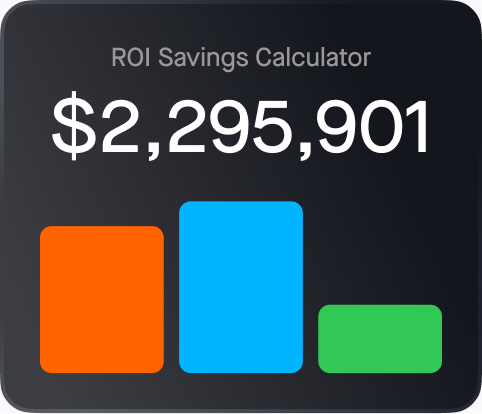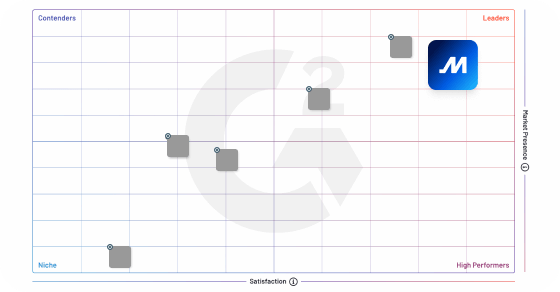Commercial Motor Vehicles (CMVs) transports goods or passengers for commercial purposes. Drivers of CMVs must have special licenses (CDLs) and adhere to Federal Motor Carrier Safety Administration (FMCSA) regulations in the United States.
These include requirements for hours of service, vehicle maintenance, and safety inspections. In addition to the FMCSA regulations, state and local regulations may also apply to CMVs. For example, some states have weight restrictions for CMVs traveling on certain roads, while others require additional permits for oversized or overweight loads.
In some cases, CMVs should not be driven for personal reasons without properly recording that activity for regulators.
Frequently Asked Questions
What does CMV mean?
CMV stands for a commercial motor vehicle. It refers to any type of vehicle used for business purposes and falls under specific weight, size, or passenger capacity regulations set by the Department of Transportation (DOT).
CMVs include various vehicles such as trucks, buses, tractor-trailers, and vans, which are primarily engaged in commercial activities, transportation of goods, or passenger services. Typically, these vehicles are larger than standard passenger vehicles.
What are examples of CMV vehicles?
Commercial motor vehicles (CMVs) include trucks of various sizes such as delivery vans, box trucks, dump trucks, tractor-trailers, and tanker trucks. Additionally, buses used for transportation services, including city buses, school buses, and intercity coaches, also qualify as CMVs.
Essentially, the vehicles are involved in commercial activities such as transporting goods or passengers. CMVs are subject to specific regulations and licensing requirements to ensure safety and compliance with transportation laws.
Is CMV the same as CDL?
No. CDLs are required to legally operate a CMV but don’t confuse the two.
CMV refers to the type of vehicle used for commercial purposes, including trucks, buses, and vans.
CDL (Commercial Driver’s License) is a specialized driver’s license required to operate certain types of CMVs. Drivers must pass knowledge and skills tests ensuring they meet the necessary qualifications to drive CMVs safely and legally.
There are three classes of CDL, and specific endorsements may also be needed in certain cases (e.g. driving hazardous materials).
What is an example of a non-CMV?
A non-CMV means any other type of vehicle not used commercially. For example, a car, SUV, or truck used for personal use only counts as a non-CMV.



